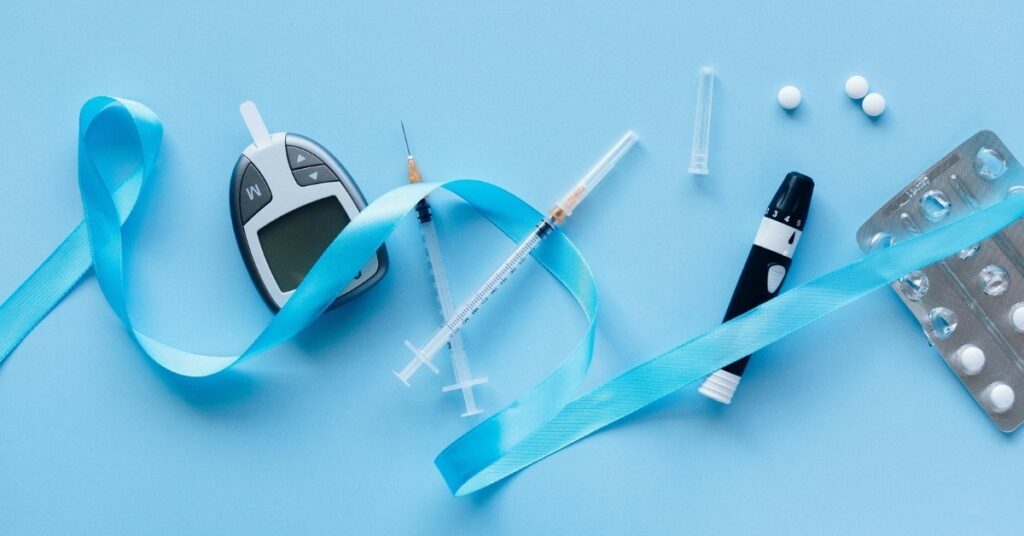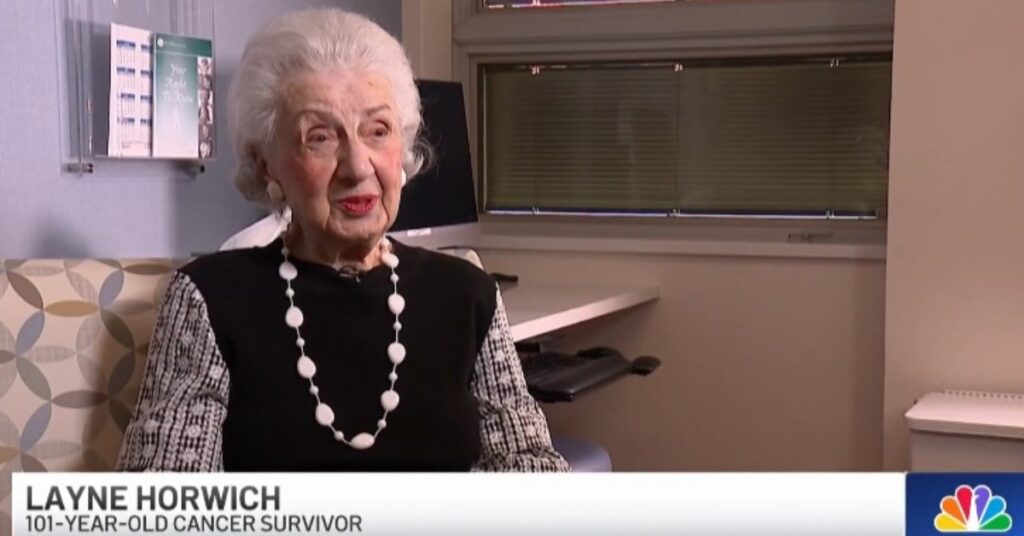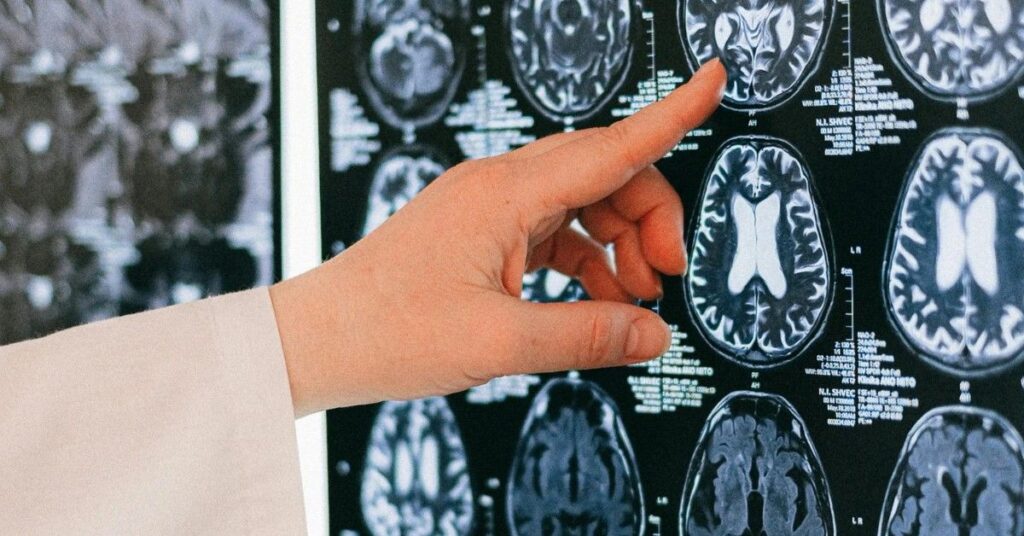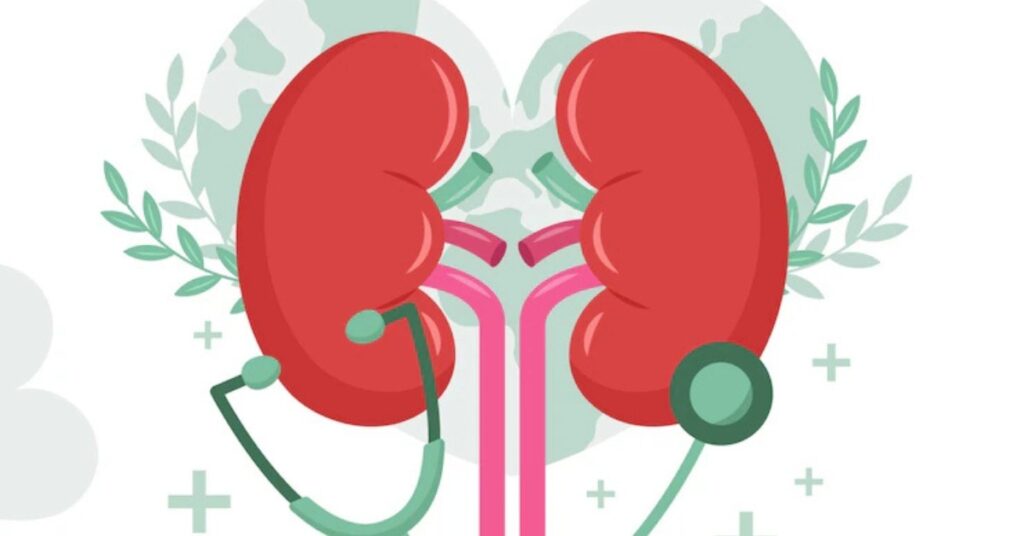A father of four believed his stomach pain was due to stress — but it was stage 4 colon cancer. He died within months of his diagnosis. Know the early symptoms and when to seek help.
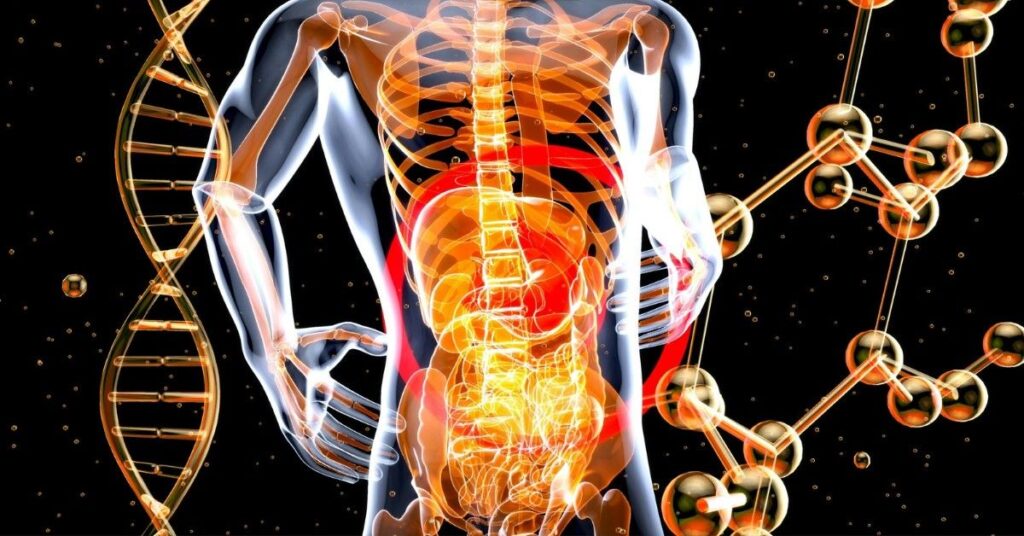
Kyle Ingram-Baldwin, a 40-year-old father of four from Kent, England, began experiencing persistent stomach pain in 2024. Initially, he thought the discomfort was related to stress or possibly gallstones and delayed seeking medical help. But when the pain intensified, he visited the hospital in October.
According to The Daily Mail, scans revealed abnormal growths on his liver. Further tests confirmed the heartbreaking diagnosis: Kyle had stage 4 colon cancer that had already spread throughout his body.
Despite undergoing treatment, his condition progressed rapidly. Just eight months after his diagnosis, Kyle passed away on June 16, 2025. In his final days, he encouraged others to take persistent symptoms seriously and seek medical care early.
What Is Colon Cancer?
Colon cancer, also known as colorectal cancer, begins in the large intestine (colon) — the part of the digestive system that processes waste before it leaves the body. It often starts as small, noncancerous polyps in the colon, which can eventually turn cancerous over time.
While colon cancer typically affects older adults, it can develop at any age. The disease often progresses silently in its early stages, which is why screening and early attention to symptoms are crucial.
Symptoms of Colon Cancer
Signs of colon cancer can vary, but common symptoms include:
- A noticeable change in bowel habits (e.g., diarrhea or constipation)
- Blood in the stool or rectal bleeding
- Persistent abdominal pain, cramps, or bloating
- A sensation of incomplete bowel movements
- Fatigue or general weakness
- Unexplained weight loss
- Iron deficiency anemia
Lifestyle Risk Factors
Certain habits and conditions may increase the risk of developing colon cancer:
- Smoking
- Heavy alcohol consumption
- Obesity
- Low physical activity
- A diet high in red and processed meats
Also Read: How Much Sun Do You Really Need to Get Enough Vitamin D?

